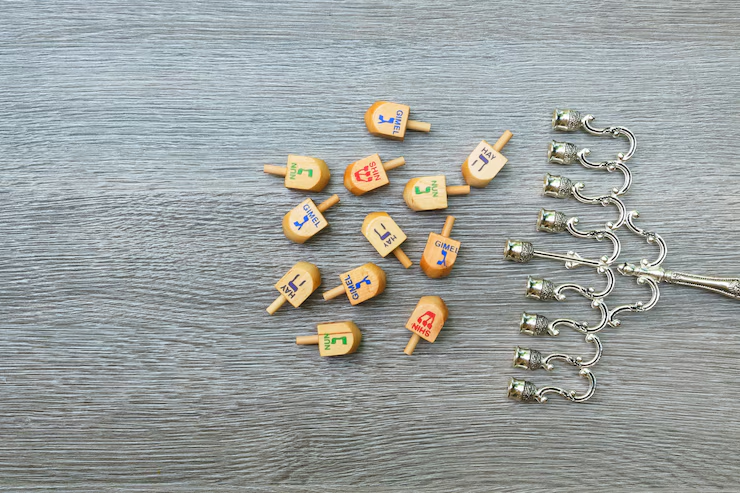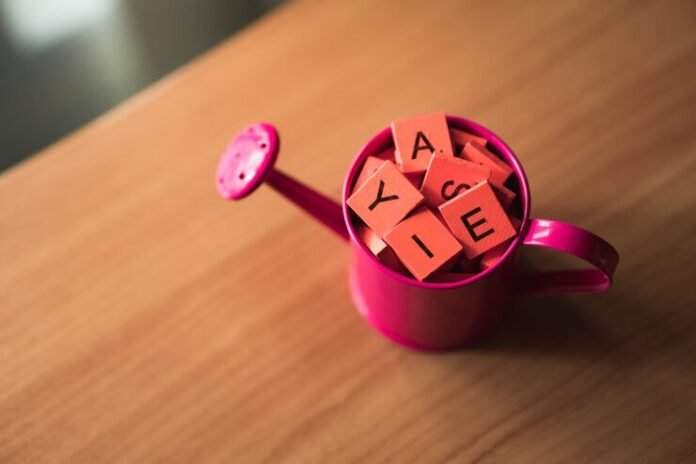Are you stuck on “drudgery 7 little words”? You’re not alone. This simple yet addictive word puzzle game has stumped even the most seasoned players with its sneaky challenges. “Drudgery” isn’t just a difficult word to solve—it encapsulates the game’s knack for creating brain-teasing moments that keep us coming back for more.
Whether you’re a casual solver or a die-hard enthusiast, this blog will help you explore the mystery behind “drudgery 7 little words“. From its history to tips and strategies, we’ll dig deep into what makes this puzzle so special—and how you can master it.
What is 7 Little Words?
7 Little Words debuted as a unique blend of crossword puzzles, word searches, and anagram-solving. Created by Christopher York in 2011, the game exploded in popularity thanks to its innovative design and straightforward gameplay. Players are tasked with solving seven unique clues by building words from groups of two- and three-letter tiles.
Since its launch, 7 Little Words has grown into a thriving word game community, with millions of players across the globe challenging themselves daily. Its minimalist yet captivating format ensures it stands out in the crowded world of word games, offering moments of triumph for puzzle enthusiasts.
Understanding “Drudgery”: Why It’s A Challenge
First, what’s “drudgery”? Defined as tiring, repetitive work or effort, this word embodies endurance. But within the context of 7 Little Words, “drudgery” becomes a symbol of the more difficult, multi-layered puzzles that make the game thrilling and frustrating all at once.
Why does “drudgery” feel so challenging in this game?
- Complex Clues: Clues for such words can feel cryptic, requiring lateral thinking.
- Unusual Letter Combinations: Letters you wouldn’t instinctively group may hold the key to solving the puzzle.
- Overthinking Traps: Straining too hard often leads players toward over-complicated solutions.
These factors make “drudgery,” and words like it, the tough nuts we all love to crack!
Tips and Strategies for Tackling “Drudgery”
Every 7 Little Words player faces a moment when even a seemingly straightforward puzzle becomes a struggle. Here’s how to conquer it when “drudgery” (or a word akin to it) appears as your foe.
1. Break It Down
- Start with a systematic approach. Identify shorter segments or prefixes that could logically build the word.
- Example for “drudgery”: Look for “dr-“, “dru-“, or “-ery” as starting or ending points.
2. Use Hints Strategically
7 Little Words offers hints, but these are limited. Save them for when you’re truly stuck—and focus on difficult sections only.
3. Look at the Clue from Different Angles
Sometimes, we interpret clues too literally. Try rephrasing the clue or breaking it into parts. Ask, “What else could this mean?”
4. Learn from Previous Puzzles
Stuck words often share traits with puzzles you’ve solved before. Practice paying attention to patterns or tricky clue styles, and apply this knowledge moving forward.
5. Take a Break
If the word just won’t click, step away and return later. A fresh perspective may help you spot something you didn’t earlier.
Remember, part of the joy lies in persevering to find that “aha!” moment.

Community Stories and Insights
One of the best parts of Drudgery 7 little words is the vibrant player community. Many have tackled “drudgery” (or similar challenges) head-on, and their stories are packed with valuable lessons.
- Elaine from Michigan: “I always struggled with longer words. But when I hit ‘drudgery,’ I leaned on a simple trick—finding the smaller chunks I already knew. It made tackling harder puzzles more approachable.”
- Jeremy from Sydney: “I struggled with puzzles like ‘drudgery’ until I started practicing root-building. Now, clues that stumped me seem far more manageable!”
The 7 Little Words community shows that every player has their own unique process—and learning from others’ experiences can enhance your gameplay.
Why Overcoming “Drudgery” Feels Rewarding
Success in overcoming particularly tough words like “drudgery” doesn’t just improve your game—it sharpens your mental skills. Here are a few benefits players often report:
- Cognitive Improvements: Puzzles improve pattern recognition, memory, and problem-solving abilities.
- Stress Relief: While challenging at the moment, solving a tough clue offers a burst of satisfaction.
- Enhanced Resilience: Repeatedly attempting and overcoming failure fosters patience.
By tackling puzzles like “drudgery,” you’re not just playing a game—you’re practicing invaluable life skills.
Build Your Word Game Mastery
Mastering “drudgery” in 7 Little Words is your stepping stone to becoming a seasoned puzzler. Each tough challenge conquered paves the way for future successes.


